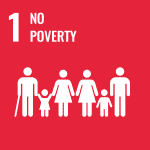
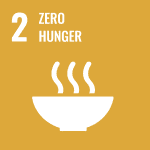
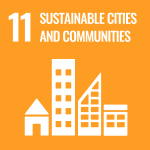
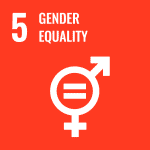
Following on the success of a similar project in neighbouring San Isidro, Centro Esperanza will work with 25 impoverished families in the rural community of Coloche, Lambayeque, to bring their dream of food security and improved, sustainable incomes to life. Centro Esperanza will provide 20 women and 5 men with training and initial inputs (guinea pigs, seeds, baking tools and supplies) for breeding guinea pigs for themselves and the market and making and marketing pastries.
This community was recently stranded by flood waters and lost crops due to Cyclone Yaku, making Centro Esperanza’s intervention even more critical.
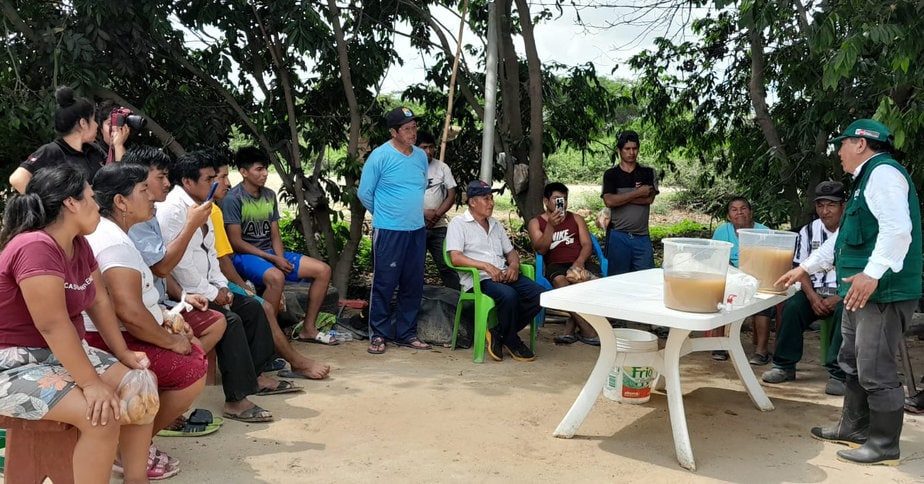 Community members learn to use moringa seeds to purify river waters stirred up by Cyclone Yaku.
Community members learn to use moringa seeds to purify river waters stirred up by Cyclone Yaku.
Trainings to be offered include community organization; business planning; record keeping; pasture growing; guinea pig care, production and reproduction; feed preparation; disease prevention; organic farming and composting; environmental insecticides and pest control; pen disinfection and deworming; and pastry making. Related activities for youth and children will also take place.
The project will help these families establish a legally incorporated association so they can organize and share the work of their new community businesses, respond and report to the association membership, develop their own leadership skills, access state services, and partner with other organizations and institutions.
Community knowledge and resources will be maximized, and sustainable and environmentally sound farming methods promoted. Gender equality and strengthening leadership by women will be a priority as will be developing leadership that is democratic, transparent, supportive and ethical.
Participants will be encouraged to show solidarity with their neighbours and other communities by donating a portion of their litters to others in need.
